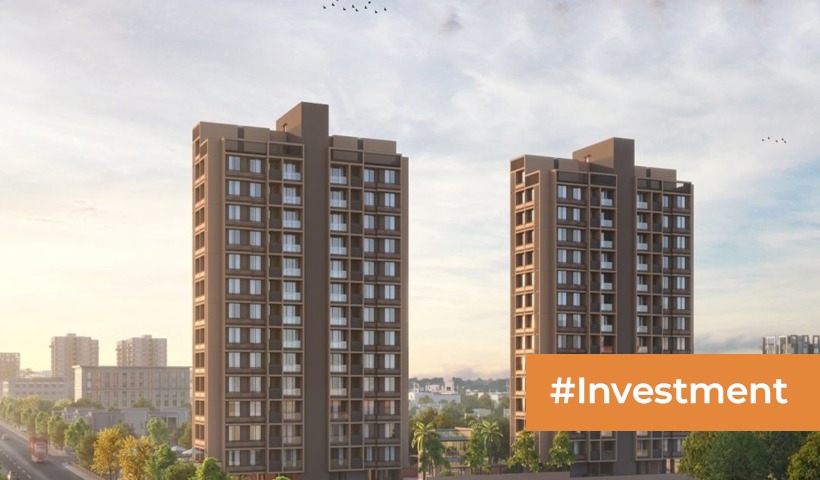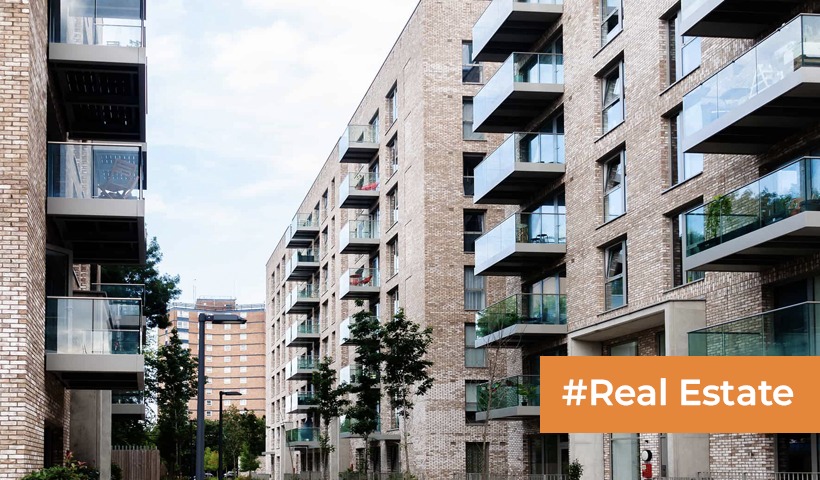Standalone Buildings vs. Gated Societies: Decoding Your Ideal Home!
In India’s diverse and ever-evolving real estate landscape, choosing the right type of housing can be a significant decision. When it comes to residential options, individuals often find themselves contemplating between standalone buildings and gated societies. Both have their merits and demerits, and the choice largely hinges on individual preferences, lifestyle, and priorities.
In this blog, we will delve into the concept of standalone buildings and gated societies, explore the advantages and disadvantages of each in the Indian context, and help you make an informed choice when it comes to selecting your ideal living space.
Understanding Standalone Buildings and Gated Societies in India
- Standalone Building:A standalone building, often referred to as an independent house or bungalow, is a residential structure that stands alone on its own plot of land. These buildings are typically detached from neighboring properties and are owned or rented by individual families. In India, standalone buildings come in various sizes and architectural styles, from traditional bungalows to modern villas.
- Gated Society:A gated society, also known as a residential complex or housing society, is a community of residential units that are often contained within a secure perimeter, usually with controlled access through gates or security checkpoints. Gated societies in India can vary in size, offering amenities such as parks, swimming pools, gyms, and security services.
Advantages of Standalone Buildings in India:
- Privacy and Independence:Standalone buildings provide a high degree of privacy and independence. You have complete control over your property, and you don’t share walls or common areas with neighbors.
- Customization:Standalone buildings allow for greater freedom when it comes to customization. You can design and modify your home according to your preferences without needing approval from a homeowners’ association (HOA).
- Outdoor Space:In India, standalone buildings often come with larger yards or outdoor spaces, which can be utilized for gardening, landscaping, and outdoor activities.
- No HOA Fees:Unlike gated societies, standalone building residents usually do not have to pay monthly HOA fees or adhere to strict HOA rules and regulations.
Disadvantages of Standalone Buildings in India:
- Maintenance Responsibility:As a standalone building owner in India, you are solely responsible for all maintenance and repairs, which can be costly and time-consuming.
- Security Concerns:Standalone buildings may require additional security measures as they are often more exposed to potential break-ins compared to gated societies.
Advantages of Gated Societies in India:
- Security and Amenities:Gated societies in India offer a sense of security due to controlled access and often employ security personnel. They also provide shared amenities such as swimming pools, parks, gyms, and community centers.
- Community Living:Gated societies foster a sense of community living, making them ideal for social individuals who enjoy interacting with neighbors.
- Maintenance and Services:Maintenance and upkeep of common areas, landscaping, and security services are usually taken care of by the homeowners’ association, reducing individual responsibilities.
Disadvantages of Gated Societies in India:
- Monthly Fees:Living in a gated society typically involves monthly maintenance fees or association fees, which can add to your living expenses.
- HOA Rules:Gated societies often have strict rules and regulations imposed by the homeowners’ association, which may restrict certain freedoms and customization options.
Conclusion
In India, the choice between a standalone building and a gated society ultimately depends on your individual preferences, lifestyle, and priorities. Standalone buildings offer a high degree of privacy, independence, and customization, but they come with greater maintenance responsibilities. Gated societies provide security, community living, and shared amenities but often involve monthly fees and adherence to HOA rules.
When making your decision, consider your budget, family size, desired amenities, and lifestyle preferences. It’s essential to visit and research properties thoroughly, as well as factor in the specific location and its proximity to essential services and amenities. Ultimately, the right choice is the one that aligns with your unique circumstances and aspirations for comfortable living in the diverse landscape of India’s real estate.
Disclaimer: The views expressed above are for informational purposes only based on industry reports and related news stories. PropertyPistol does not guarantee the accuracy, completeness, or reliability of the information and shall not be held responsible for any action taken based on the published information.





Nice Blog, It helped me to make a decision